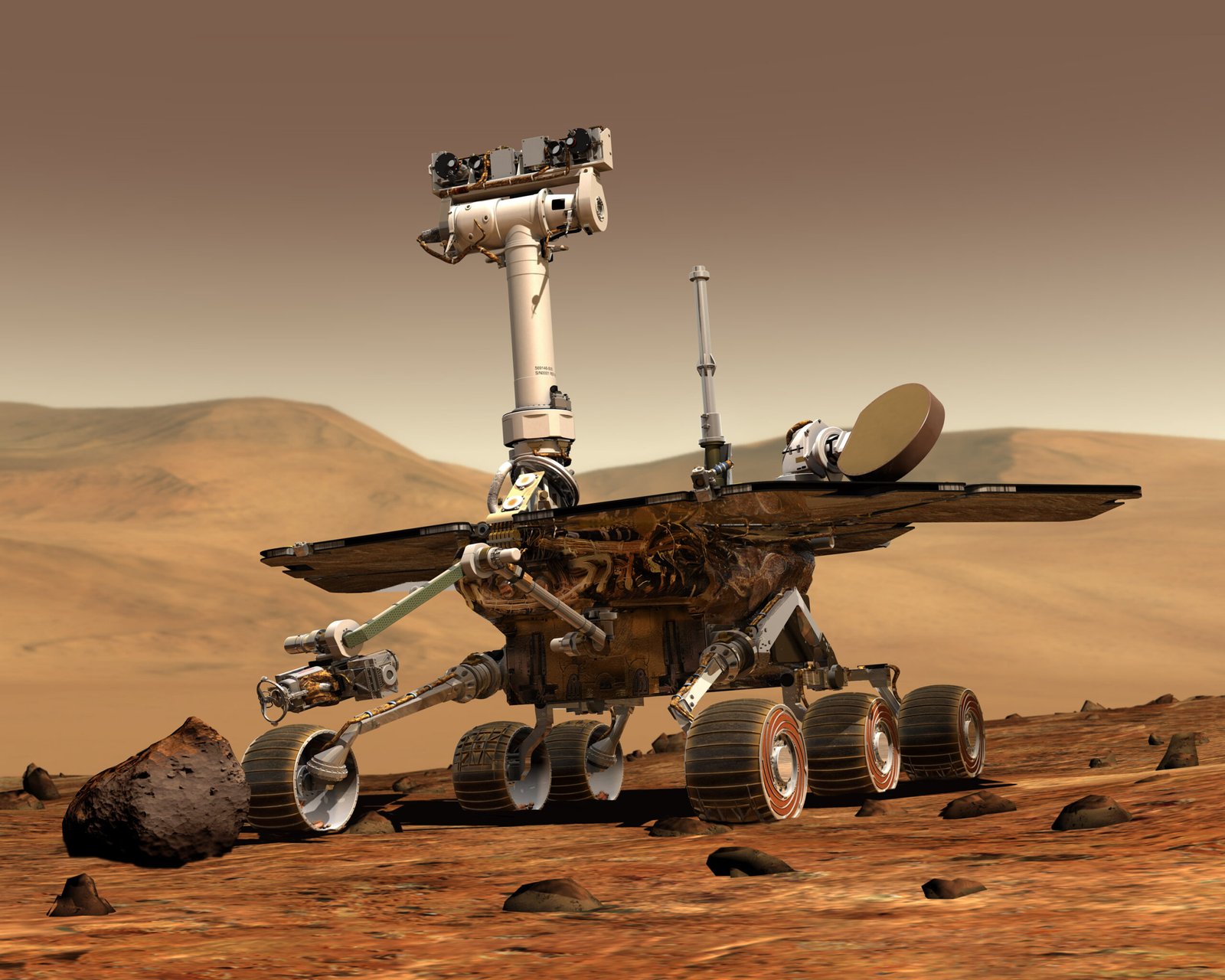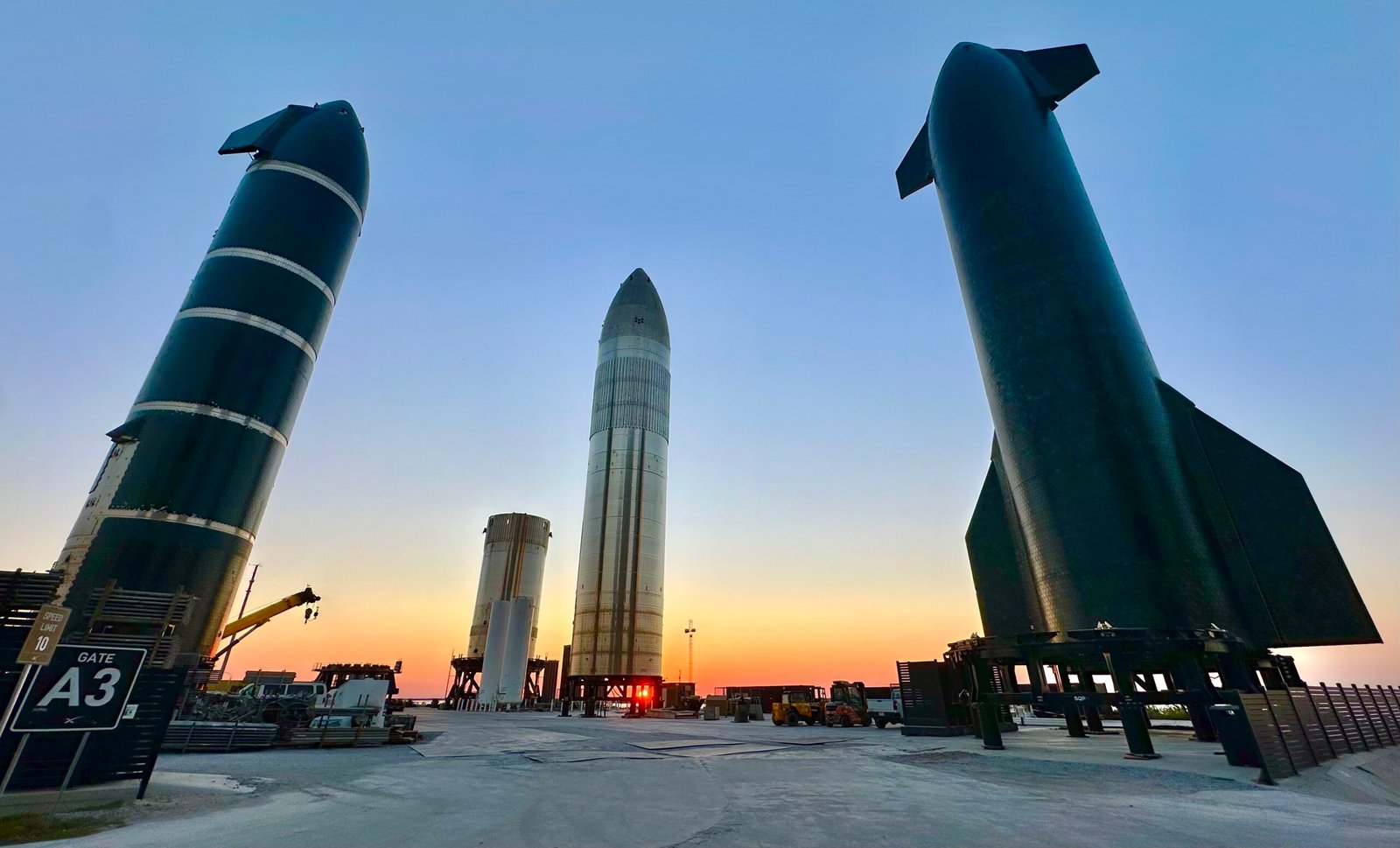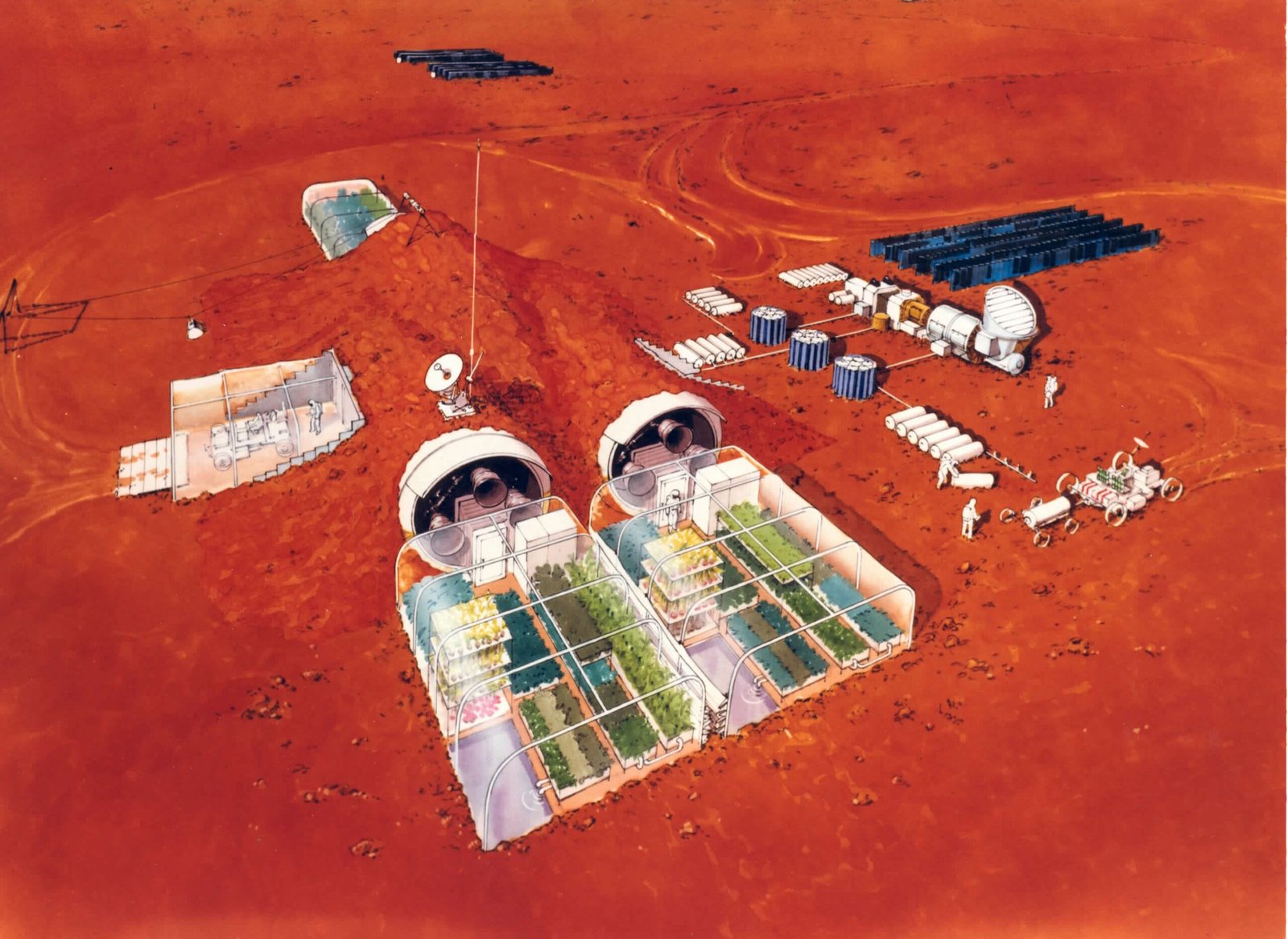The idea of leaving our home planet has always sent a tremor through the collective human spirit. Imagine standing under a cold, starlit sky, looking up at the red point that is Mars, and knowing that someone might set foot there in your lifetime. SpaceX’s bold ambition to send humans to Mars is more than just a technological marvel—it’s a mirror reflecting humanity’s hopes, fears, and relentless curiosity. Are we simply expanding our horizons, or are we running from problems we can’t fix on Earth? This question echoes with urgency and wonder, inviting us all to look inward as we look outward.
The Dream of Mars: A New Frontier or a Final Refuge?

Since ancient times, Mars has been both a source of inspiration and a symbol of the unknown. Today, SpaceX’s Mars program turns those dreams into achievable goals. For some, Mars represents the ultimate adventure—a place where humanity can begin again, free from old mistakes. For others, it feels like a desperate bid to escape rising tides, choking pollution, and crowded cities. This duality shapes the Mars mission, making it as much about soul-searching as star-hopping. When you hear Elon Musk talk about making life “multiplanetary,” it’s hard not to feel the tug between hope and anxiety.
SpaceX’s Vision: Pioneers or Passengers?
SpaceX doesn’t just want to visit Mars—they want to build a city there. Their vision is breathtaking: reusable rockets, fleets of Starships, and thriving settlements on red soil. But are the people who sign up for this journey explorers, or are they escapees? The company’s language is filled with the spirit of pioneers, yet their mission is haunted by Earth’s looming crises. This tension makes us question whether the Mars mission is a bold leap into the future or a flight from the problems we’ve left unsolved at home.
Technological Triumphs and Tangled Motives

The engineering behind SpaceX’s Mars plans is nothing short of astonishing. Starship rockets are designed to be reusable, slashing costs and making routine Mars trips possible. Each breakthrough—like landing a 16-story rocket on its tail—sparks awe and pride. Yet, behind the excitement lies a tangle of motives. Is technological progress enough if it doesn’t address the underlying reasons for our cosmic ambitions? Are we building a future, or just running from the past? These questions turn each launch into a kind of Rorschach test for our hopes and fears.
Earth’s Problems, Mars’s Promise

Environmental decay, overpopulation, and resource depletion have made the dream of Mars more urgent than ever. For some, Mars offers a blank slate, a place to build new societies from scratch. But can we really expect to leave our problems behind? History is full of migrations that carried old struggles into new lands. If we haven’t learned to care for our own planet, what makes us think we’ll do better on Mars? The red planet tempts us with promise, but it also confronts us with our own unfinished business.
The Ethics of Colonization: Boldness or Blindness?

Striking out for Mars raises big ethical questions. Are we entitled to claim another world? Could our presence damage a planet that has never known life? The word “colonization” carries heavy baggage—from the exploitation of indigenous peoples to the scars of imperialism. Does building a Mars colony repeat old mistakes, or does it give us a chance to do better? The ethics of space settlement are as complex as the technology required to get there, forcing us to confront uncomfortable truths about power and responsibility.
Psychological Frontiers: The Human Challenge

Living on Mars will test the limits of human endurance. Imagine months of isolation, far from family and familiar landscapes, with only a handful of companions and a world of rust-colored deserts. Psychologists warn of loneliness, cabin fever, and even the risk of group conflict. The psychological frontier may turn out to be even tougher than the physical one. If we’re truly colonizing Mars, we’ll need not just engineers and scientists, but storytellers, artists, and healers—people who can nurture the soul as well as the body.
Resourcefulness or Recklessness?

Surviving on Mars will demand creativity and grit. Water, food, and breathable air will all have to be produced on-site, with no help from Earth. SpaceX plans to mine Martian ice, grow crops in domes, and use solar power to create fuel. These efforts are thrilling, but also risky. A single failure could threaten the lives of everyone on Mars. Is this resourcefulness, or recklessness? The line between bold innovation and dangerous overreach is razor-thin, and every decision carries enormous stakes.
A Societal Experiment: Reinventing Civilization
A Mars colony could become the greatest social experiment in human history. With no established laws or customs, settlers will have to invent everything from scratch—governments, economies, and even daily routines. This freedom is exhilarating but also daunting. Will we seize the chance to build a kinder, fairer society, or will old patterns repeat themselves? Mars offers a rare opportunity to rethink what it means to live together, but it also tests whether we can truly learn from our past.
Nature Lovers and the Martian Wilderness

For those who cherish nature, the idea of Mars may seem bleak at first glance—a barren, frozen world with no forests, rivers, or singing birds. Yet the Martian wilderness has its own stark beauty, and the challenge of making it bloom could inspire a new kind of environmental stewardship. Some dream of “terraforming” Mars, turning deserts green and skies blue. Whether or not this is possible, the effort to adapt to a new world could deepen our appreciation for the fragile beauty of our own.
The Ripple Effect: Inspiring Earthly Change
Perhaps the greatest impact of the Mars mission will be felt here on Earth. The technologies developed for space—recycling systems, renewable energy, life-support innovations—could transform life at home. The sense of shared adventure might unite people across borders, reminding us of our common destiny as Earthlings. By striving for Mars, we might rediscover the wonder and responsibility of caring for our own blue planet.
What Mars Reveals About Us

In the end, SpaceX’s Mars mission is a powerful reflection of who we are. It exposes our restlessness, our ingenuity, and our longing for new beginnings. Are we colonizing, or escaping? Maybe the answer is both. The drive to explore and the urge to flee have always shaped human history. Mars simply magnifies these impulses, forcing us to confront them head-on. With every launch, we are not just reaching for another planet—we are searching for ourselves.



